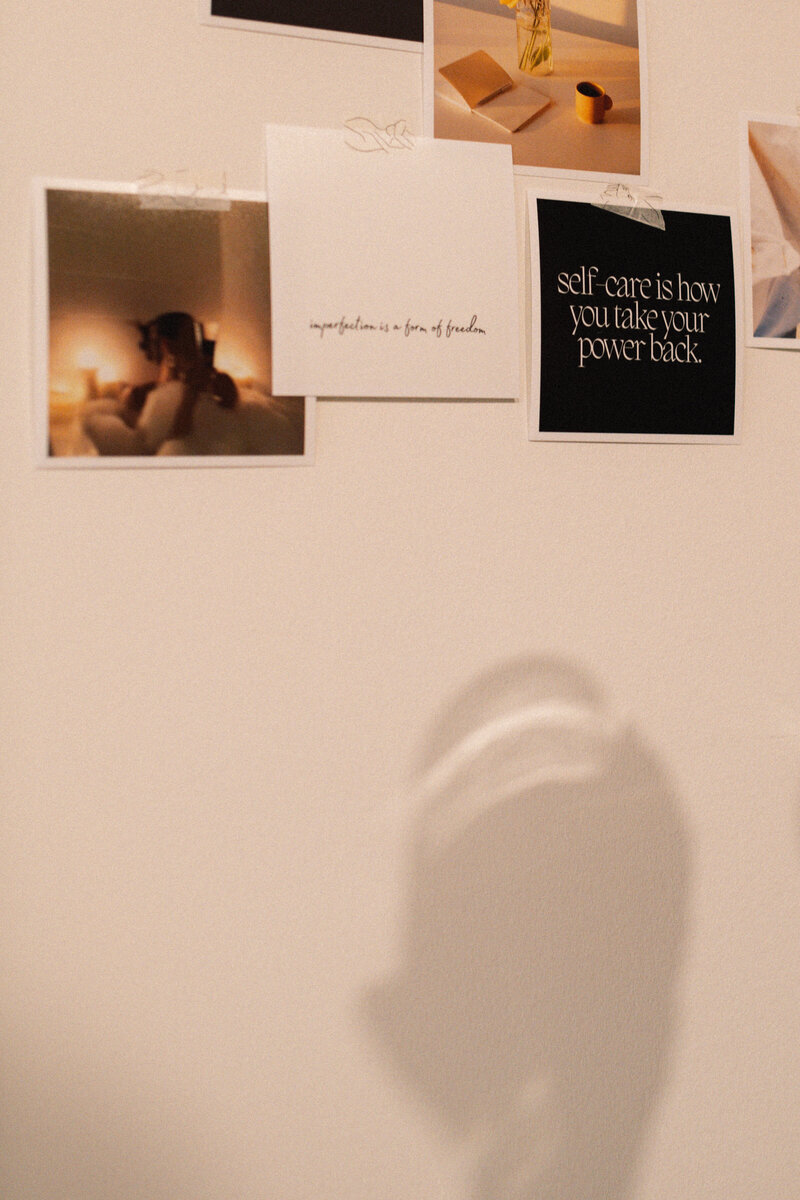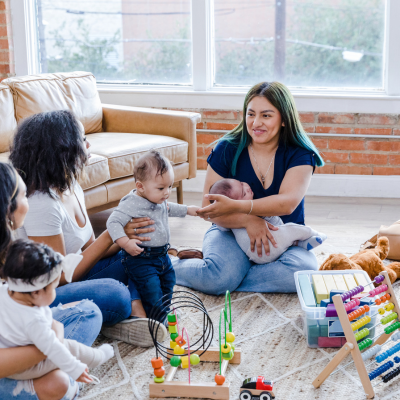[et_pb_section fb_built=”1″ _builder_version=”4.16″ background_color=”RGBA(0,0,0,0)” background_image=”https://kateborsato.com/wp-content/uploads/messagekate.jpg” global_colors_info=”{}”][et_pb_row use_custom_gutter=”on” make_equal=”on” _builder_version=”4.16″ _module_preset=”default” width=”90%” custom_margin=”||||false|false” custom_margin_tablet=”0px||||false|false” custom_margin_phone=”” custom_margin_last_edited=”on|tablet” custom_padding=”||||false|false” global_colors_info=”{}”][et_pb_column type=”4_4″ _builder_version=”4.16″ _module_preset=”default” background_enable_color=”off” background_enable_image=”off” background_position=”top_right” custom_padding=”20px|10px|20px|10px|true|true” background_last_edited=”on|phone” background_position_phone=”bottom_left” global_colors_info=”{}”][et_pb_text _builder_version=”4.16″ _module_preset=”default” text_font=”Playfair Display|600|||||||” text_text_color=”#000000″ text_font_size=”16px” background_color=”#FFFFFF” text_orientation=”center” width=”50%” width_tablet=”” width_phone=”70%” width_last_edited=”on|phone” module_alignment=”center” custom_margin=”-3vh||||false|false” custom_padding=”8px||8px||true|false” global_colors_info=”{}”]
Message from Kate
[/et_pb_text][et_pb_text _builder_version=”4.16″ text_font=”||||||||” text_font_size=”17px” text_line_height=”2em” header_font=”||||||||” header_3_font=”Handletters||||||||” header_3_text_align=”center” header_3_font_size=”40px” header_3_letter_spacing=”6px” header_3_line_height=”1.2em” header_6_font=”Handletters||||||||” header_6_text_align=”center” header_6_font_size=”40px” header_6_letter_spacing=”6px” header_6_line_height=”1.2em” transform_rotate=”0deg|0deg|358deg” custom_margin=”0px||||false|false” custom_margin_tablet=”|||0px” custom_margin_phone=”” custom_margin_last_edited=”on|desktop” custom_padding=”1vh||1vh||true|false” header_3_font_size_tablet=”50px” header_3_font_size_phone=”35px” header_3_font_size_last_edited=”on|phone” header_6_font_size_tablet=”50px” header_6_font_size_phone=”35px” header_6_font_size_last_edited=”on|phone” locked=”off” global_colors_info=”{}”]
Welcome! So glad you’re here.
[/et_pb_text][et_pb_text _builder_version=”4.17.0″ text_font=”Raleway|500|||||||” text_text_color=”#000000″ text_font_size=”16px” text_line_height=”1.8em” header_3_font=”Playfair Display||||||||” header_3_text_align=”center” header_3_text_color=”#2B343B” header_3_font_size=”25px” header_3_line_height=”1.4em” text_orientation=”center” width=”90%” width_tablet=”” width_phone=”95%” width_last_edited=”on|phone” module_alignment=”center” custom_margin=”||||false|false” custom_padding=”||4vh||false|false” hover_enabled=”0″ header_3_font_size_tablet=”25px” header_3_font_size_phone=”” header_3_font_size_last_edited=”on|tablet” text_orientation_tablet=”” text_orientation_phone=”center” text_orientation_last_edited=”on|phone” locked=”off” global_colors_info=”{}” sticky_enabled=”0″]
Welcome! So glad you’re here!
My name is Kate. I started this counselling practice after my own challenges in motherhood made me realize that there isn’t enough support for new mums. Here’s what I know for sure: motherhood is quite likely the hardest transition you’ll ever go through. So if you’re suffering, you’re far from alone. You’re told that becoming a mom is supposed to be natural, easy, intuitive, and blissful. Oftentimes, that’s just not the case.
I also know that we all need support.
Our cultural push to be the mom-who-does-it-all is so unrealistic and causes a lot of pain. With that pressure, your own values can get lost. I’m here to help you connect to what matters most.
And lastly, I know that you don’t have to just accept the struggle. Yes, motherhood is challenging, but it’s also possible to completely transform how this experience feels. I know because I’ve done it.
Having experienced postpartum anxiety myself, I know how painful and disorienting those years can be. The hardest part for me was that I didn’t ask for help. I didn’t reach out. I didn’t allow myself to be supported. That’s why I do this work today, and I’m honoured to be by your side and help you find a little more ease, self-care, and compassion.
I am grateful to be living and working as a settler on the unceded territory of the Coast Salish peoples, including the territoires of the W̱SÁNEĆ (Pauquachin, Tsartlip, Tsawout, Tseycum), Lkwungen (Esquimalt, and Songhees), Malahat, Pacheedaht, Scia’new, T’Sou-ke and Traditional territory of North Saanich Bands, Hul’qumi’num.
[/et_pb_text][/et_pb_column][/et_pb_row][/et_pb_section]























